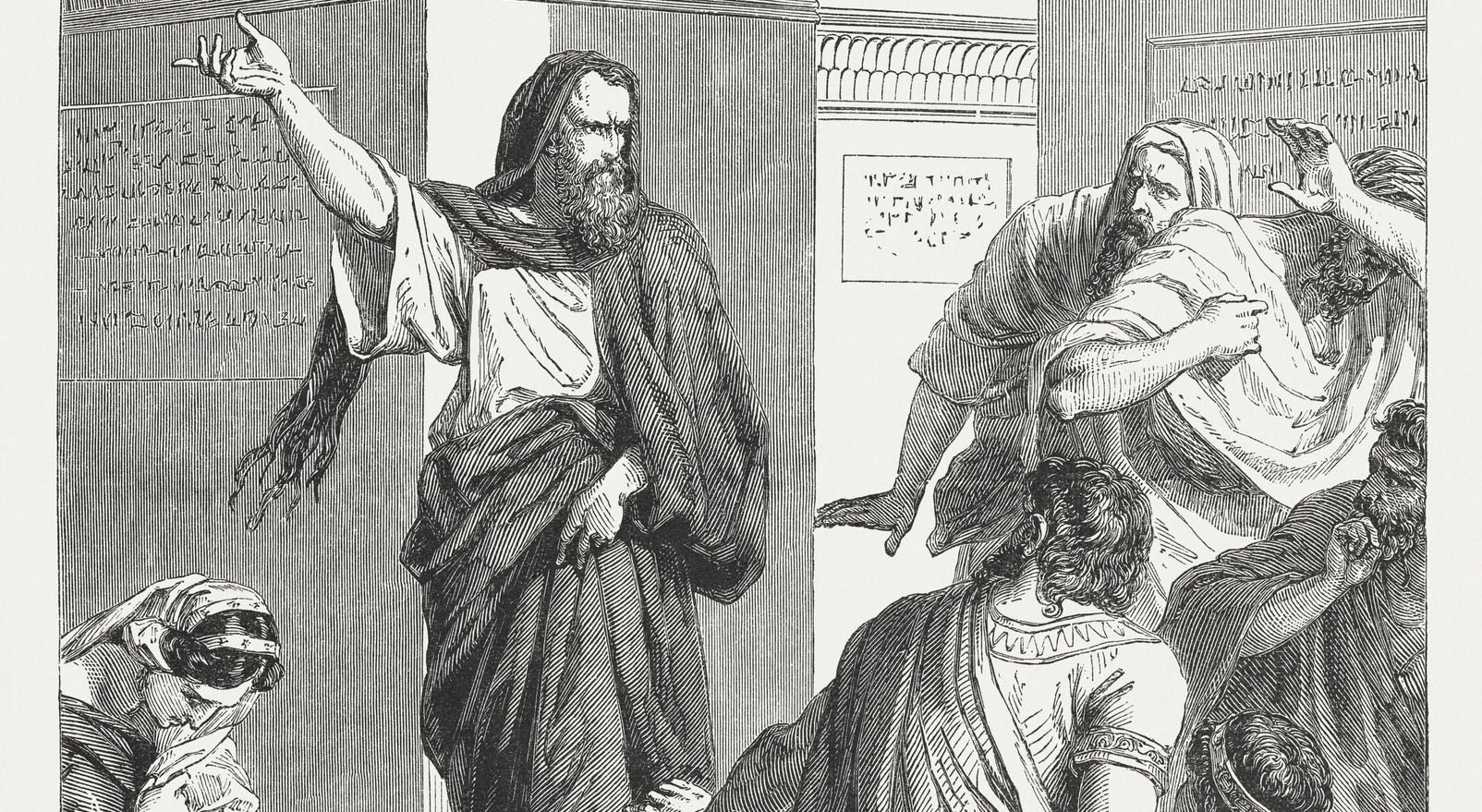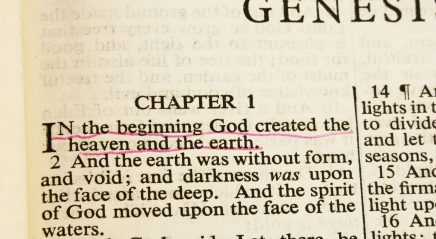Lectionary for July 2, 2023
Fifth Sunday after Pentecost
Jeremiah 28:5-9; Psalm 89:1-4, 15-18;
Romans 6:12-23; Matthew 10:40-42
I was recently asked to speak on the passage from Genesis 9 that comes immediately after the rainbow section that we all know and love. In addition to my Master of Divinity from Luther Seminary, I have a master’s in Near Eastern languages and cultures, and a doctorate in Jewish religious cultures. So I love the chance to delve deeply into interpretative history of texts, especially Midrashic interpretations of messy passages where there is clearly more than meets the eye (wink). I wondered, after about an hour, if the host regretted inviting me to speak on this topic. That is the danger, after all, when you welcome someone to speak, particularly on difficult or controversial topics. But speaking the word of God into the messiness of the world is what we are all called to do—together! This week our texts speak of welcoming those who speak the truth about God and the world.
As the closing encouragement to his disciples before sending them out on their own, Jesus tells them that those who welcome them, welcome him and the God who sent Jesus to them. Jesus goes on to say that those who welcome a prophet as a prophet will receive a prophet’s reward. Those who welcome a righteous person as a righteous person will receive a righteous person’s reward. And whoever offers refreshment to a little one will have an imperishable reward.
All that begs a question—what does it mean to welcome a prophet as a prophet? Could I just welcome everyone the same way? A cool glass of water to everyone who visits seems like a good policy, right? Must I recognize the prophethood of a prophet? It seems that Jesus was insisting that his followers be received just as he sent them out: as prophets who spoke the truth about God, the kingdom of heaven and Jesus the Messiah.
But, as we know from the rest of the New Testament (Acts 15:1 as but one example), not everyone who goes out in Jesus’ name speaks the truth from God. How do we recognize which prophets we should greet as prophets and which deliver lies to lead God’s people astray?
Jesus goes on to say that those who welcome a prophet as a prophet will receive a prophet’s reward.
The book of Jeremiah presents a stunning example of a prophetic contest. God tells Jeremiah to make several yokes, similar to those an ox or workhorse would wear. Jeremiah is to distribute these to the representatives of nations allied with Judah and opposed to Babylon. The goal of the prophetic performance is to induce the kings, including the king of Judah, not to rebel against Babylon. Jeremiah is sort of Judahite anti-nationalist.
Hananiah, another prophet, ridicules Jeremiah, saying that in a short time not only would God break the yoke of Babylon (playing off Jeremiah’s prophetic prop) but God would also return the exiles who had been deported to Babylon. Hananiah removes the yoke that God had told Jeremiah to wear (Jeremiah 27:2) and breaks it. But not even this display can counter what God would do.
Long story short: Hananiah is wrong; Jeremiah is right. Jeremiah confronts Hananiah, telling him: “The Lord has not sent you, but you have persuaded this nation to trust in lies” (28:15). How can we not be persuaded by lies?
We should hear the words of God spoken through Jeremiah. People in Judah trusted that no matter what they did, God wouldn’t punish them, because God’s holy temple was in their midst. God was furious that the people stole, murdered, committed adultery, lied and worshiped other gods (shorthand, they committed the two “Is”: injustice and idolatry) (7:9). The people sinned unrepentantly and then came to God’s house as if their actions didn’t matter. But they mattered to God! Jeremiah’s speech is the sermon that Jesus referenced when he cleansed the temple from people who sought to buy forgiveness rather than change their ways (Matthew 21:12-17).
Jeremiah said that the only hope to avoid the coming judgment was to repent; to truly practice justice toward neighbor; to not oppress the foreigner, the orphan or the widow; to not shed innocent blood; and to not follow other gods (Jeremiah 7:6). Any prophet who prophesies national greatness but does not relay God’s demand for social justice and neighbor-love, especially for foreigners and those without a human protector, is a false prophet. Conversely, those who preach repentance, love of neighbor and the inclusive justice of the kingdom—just as Jesus did—are trustworthy prophets.
How can we welcome a prophet—who is really a prophet of God? We need to “test the spirits” because many false prophets have gone out into the world (1 John 4:1). If they preach an inclusive, just kingdom that is offensive to the powerful and comfortable, but good news to the poor, the excluded and the foreigner, that is the prophet you want to welcome.









